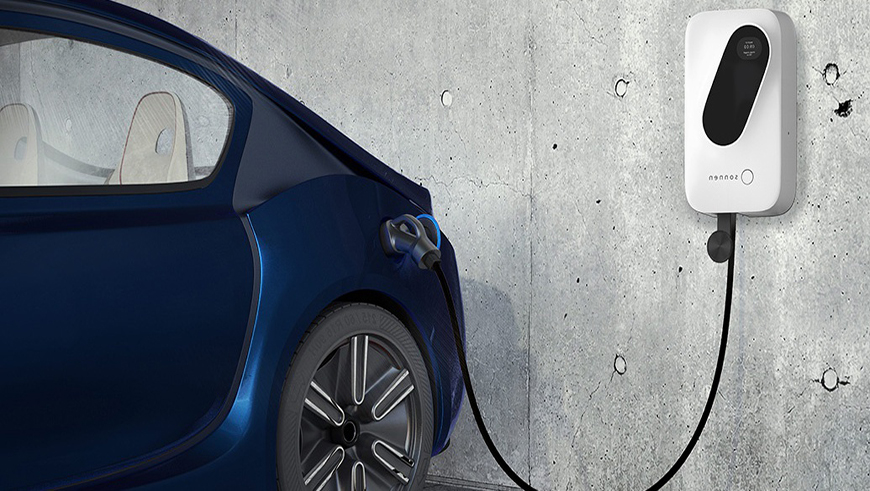In the ever-evolving world of automotive technology, electric vehicles (EVs) are gaining momentum as a more environmentally friendly and cost-effective mode of transportation. With more and more people making the switch to electric cars, the need for a convenient and efficient charging infrastructure is on the rise. One question that often arises is, “How much does it cost to install an electric car charger?” In this article, we’ll explore the various factors that determine the cost of installing an electric car charger, options available, and other related information.
Understanding the Costs
How Much To Install Electric Car Charger? The cost of installing an electric car charger can vary significantly based on several factors. Here are the key elements to consider:
- Charging Level: Electric car chargers come in different levels, with Level 1 being the slowest and Level 3 being the fastest. Level 1 chargers are typically the least expensive to install, while Level 3 chargers, also known as DC fast chargers, are more expensive due to their high power requirements.
- Location: Where you plan to install the charger plays a significant role in the overall cost. Home installations are generally less expensive compared to public charging stations. For home installations, the cost depends on whether you have a dedicated garage or need to run wiring from the main electrical panel.
- Amperage: The amperage of the charging station affects the installation cost. Higher amperage chargers require more substantial electrical work, potentially increasing the installation expenses.
- Labor Costs: Labor costs can vary by location and installer. It’s essential to obtain quotes from multiple electricians or charging station installers to find the best price.
- Permits and Inspection Fees: Local permits and inspection fees can add to the overall installation cost. The requirements and fees vary by location.
- Electrical Panel Upgrades: In some cases, your existing electrical panel may need to be upgraded to accommodate the charging station’s power requirements. This can be a significant expense, depending on the condition of your electrical system.
Installation Options
When it comes to installing an electric car charger, you have several options to choose from:
- Home Charging Station: This is the most convenient option for many EV owners. You can install a Level 2 charging station in your garage or driveway, ensuring your vehicle is always ready to go. Costs for home installations typically range from $500 to $2,000, excluding any necessary electrical panel upgrades.
- Public Charging Stations: Public charging stations are often found at shopping centers, parking lots, and along highways. These stations are typically more expensive to install, ranging from $5,000 to $50,000 or more for Level 2 and DC fast charging stations. The costs are influenced by location, infrastructure, and power requirements.
- Workplace Charging: Many employers are installing charging stations in their workplace parking lots to encourage employees to drive electric vehicles. The cost can vary, but there may be incentives and grants available to offset the expense.
Incentives and Rebates
To encourage the adoption of electric vehicles and the installation of charging stations, various incentives and rebates are available at federal, state, and local levels. These incentives can significantly reduce the cost of installation and are worth exploring before making a decision.
Federal Tax Credits: The federal government offers a tax credit of up to 30% of the installation cost, with a maximum credit of $1,000 for residential installations and $30,000 for commercial installations.
State and Local Incentives: Many states and local governments offer additional incentives, such as rebates, grants, and tax credits, to promote electric vehicle adoption and charging infrastructure development. These incentives can vary widely, so it’s essential to research what is available in your area.
Utility Company Programs: Some utility companies offer rebates or incentives to their customers for installing electric vehicle chargers, as this can help balance electricity demand and promote green energy usage.
Conclusion
In summary, the cost of installing an electric car charger varies depending on factors such as charging level, location, amperage, labor costs, permits, and potential electrical panel upgrades. Home charging stations are typically more affordable, while public and workplace installations can be significantly more expensive. Additionally, various incentives and rebates are available to help offset installation costs, making it more accessible for consumers.
As the demand for electric vehicles continues to grow, it’s crucial to have a convenient and accessible charging infrastructure in place. By understanding the factors that affect installation costs and taking advantage of available incentives, you can make an informed decision about installing an electric car charger and contribute to a more sustainable future.
